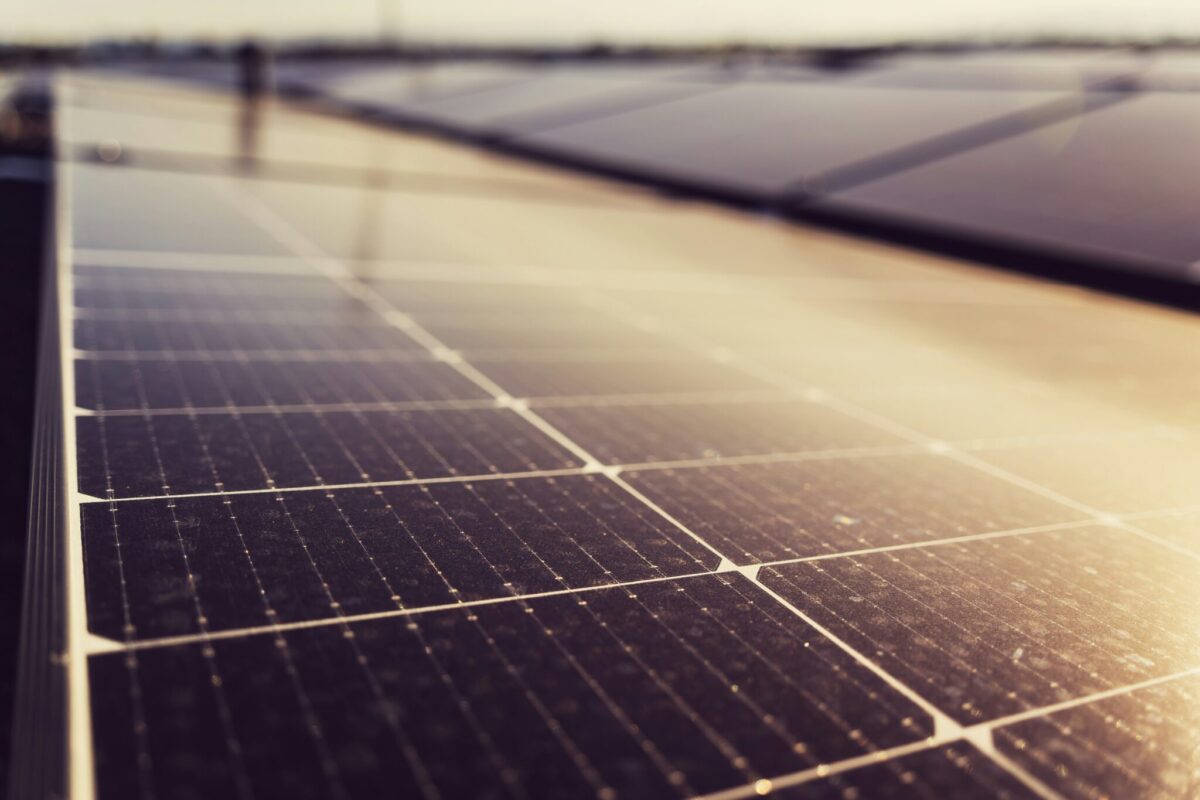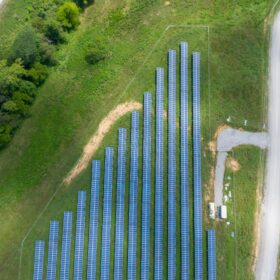With solar showing increasing price declines, utilities are taking notice. Consumers Energy is the latest in a string of investor-owned utilities that are announcing plans to voluntarily build multiple gigawatts of solar over the next decade.
The Michigan utility offered a sneak preview into the long-term plan that it intends to file with state regulators this week, revealing that it is planning to deploy 5 GW of solar by 2030. These plants will be built over the course of the next decade, with the first plant scheduled to come online in 2021.
Consumers plans to use a competitive solicitation to select the projects, and says that it is open to either owning these projects or buying power from independent power producers – whichever is cheaper.
Beyond that, details are hard to come by, and company officials who pv magazine spoke with were unable to answer most of our questions.
Consumers appears to be open to building these solar projects out-of-state, but notes its preference for in-state generation. The company is also planning to build wind to meet its requirements under the state’s unambitious renewable energy mandate, and deploy an un-specified amount of battery storage.

Consumers was also not able to answer our questions as to whether or not these battery installations would be co-located with the solar projects. Combining batteries with large-scale solar projects has been an increasingly popular option for developers and utilities nationwide.
Some hints as to timelines come from charts provided in the IRP executive summary. There are no hard numbers here, but the following chart suggests that solar will be the large majority of renewable energy that the company plans to deploy, starting in the mid-2020’s.

Perhaps taking a cue from fellow Michigan utility DTE Energy’s prolonged battle over its proposed gas plant, Consumers notes that it is not planning on building any new thermal generation over the period of the Integrated Resource Plan.
The utility is also planning on closing some existing coal, gas and nuclear generation, but the timelines of doing so suggests delay. With multiple units at multiple plants scheduled to shut down over the next 14 years Consumers’ level of coal generation is expected to fall below 20% in the 2031-2032 timeframe, however the final unit on its Campbell coal plant is scheduled to run through 2040.

pv magazine is going to go out on a limb here and suggest that it will not be politically acceptable to be burning coal in the 2030s; however that Consumers is planning no new generation should be seen as a win for clean energy advocates.
This content is protected by copyright and may not be reused. If you want to cooperate with us and would like to reuse some of our content, please contact: editors@pv-magazine.com.









By submitting this form you agree to pv magazine using your data for the purposes of publishing your comment.
Your personal data will only be disclosed or otherwise transmitted to third parties for the purposes of spam filtering or if this is necessary for technical maintenance of the website. Any other transfer to third parties will not take place unless this is justified on the basis of applicable data protection regulations or if pv magazine is legally obliged to do so.
You may revoke this consent at any time with effect for the future, in which case your personal data will be deleted immediately. Otherwise, your data will be deleted if pv magazine has processed your request or the purpose of data storage is fulfilled.
Further information on data privacy can be found in our Data Protection Policy.